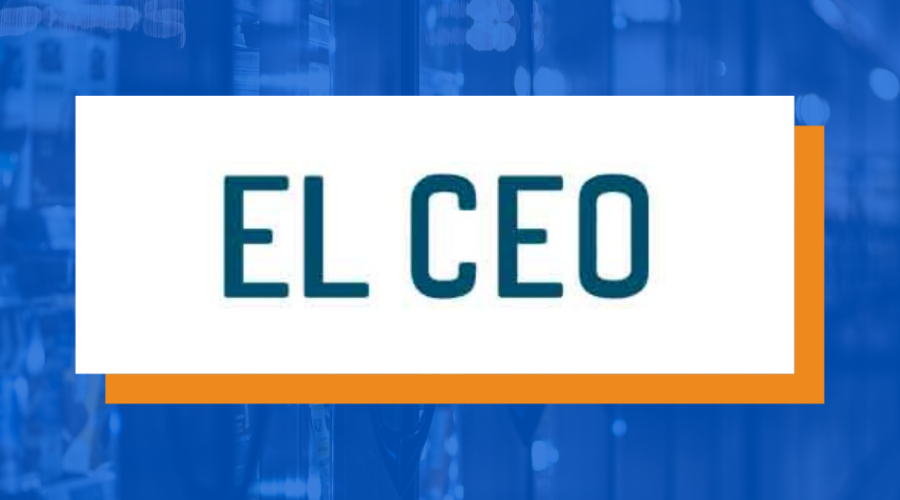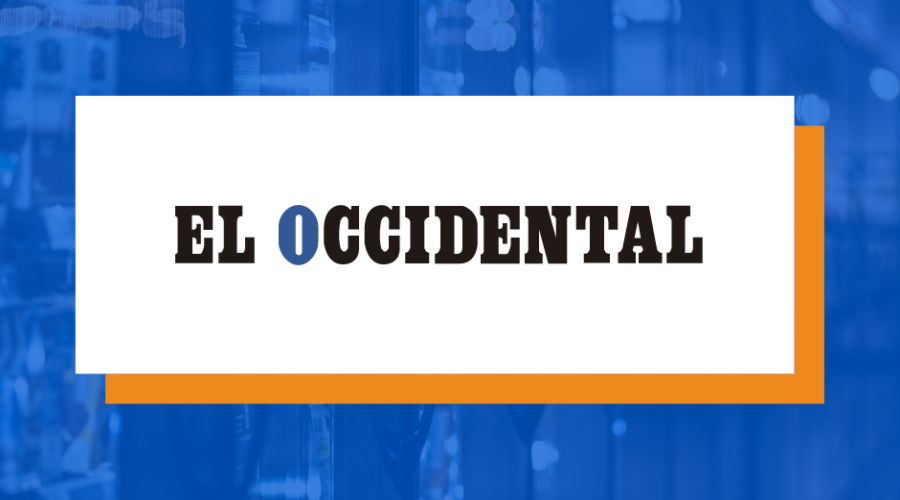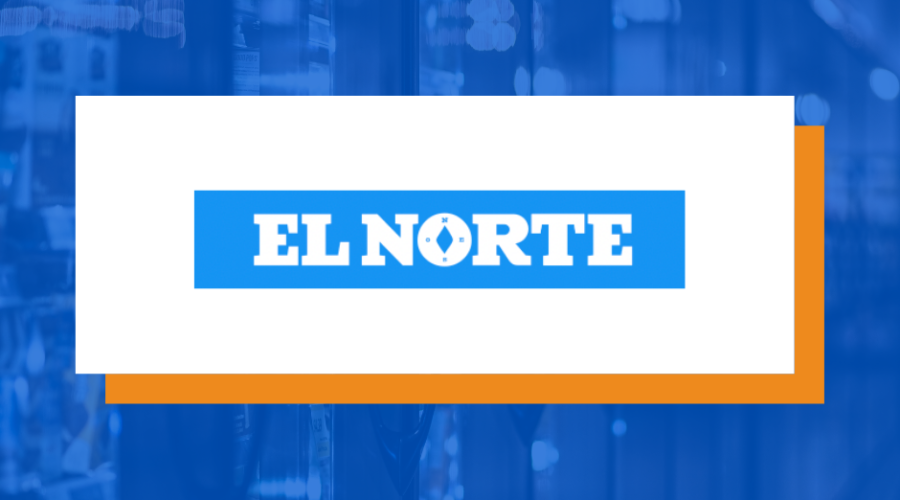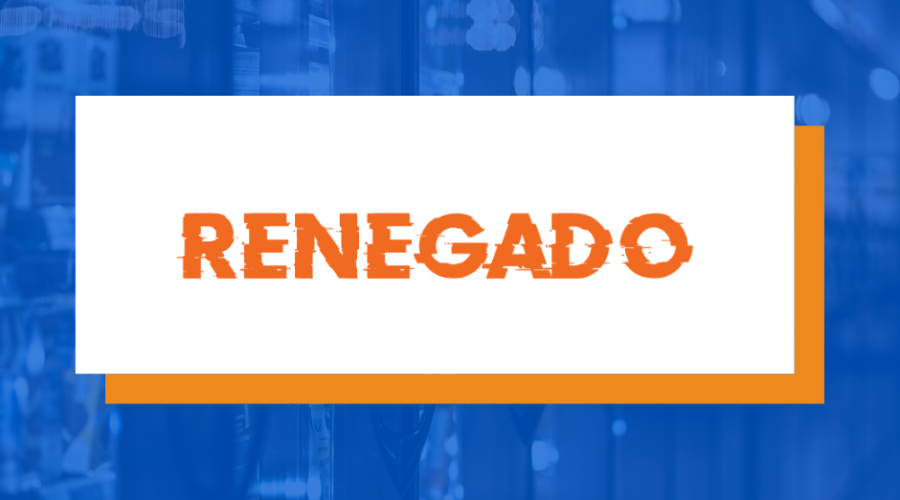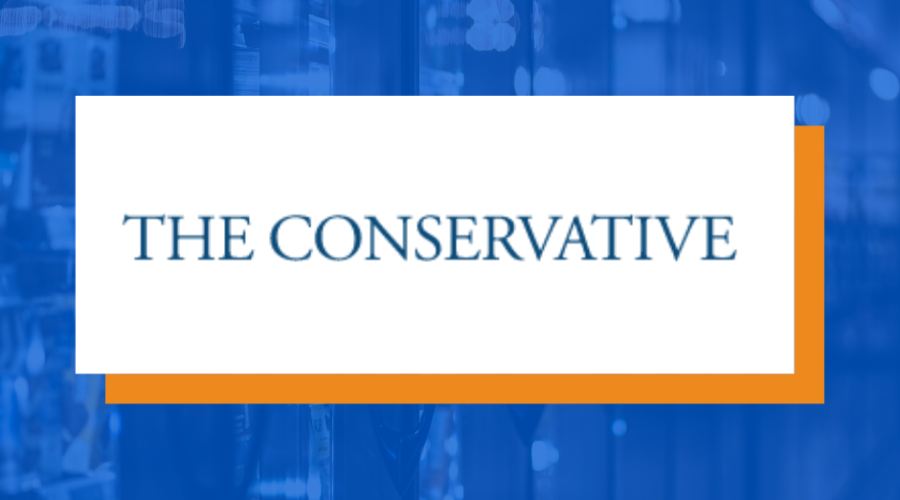Impuesto al streaming viola T MEC
De aprobarse la nueva Ley Federal de Cinematografía y el Audiovisual propuesta por el Senado, que impone una cuota de 15 por ciento de contenidos audiovisuales nacionales en todas las plataformas de streaming (audio y video digital) que operan en el.

